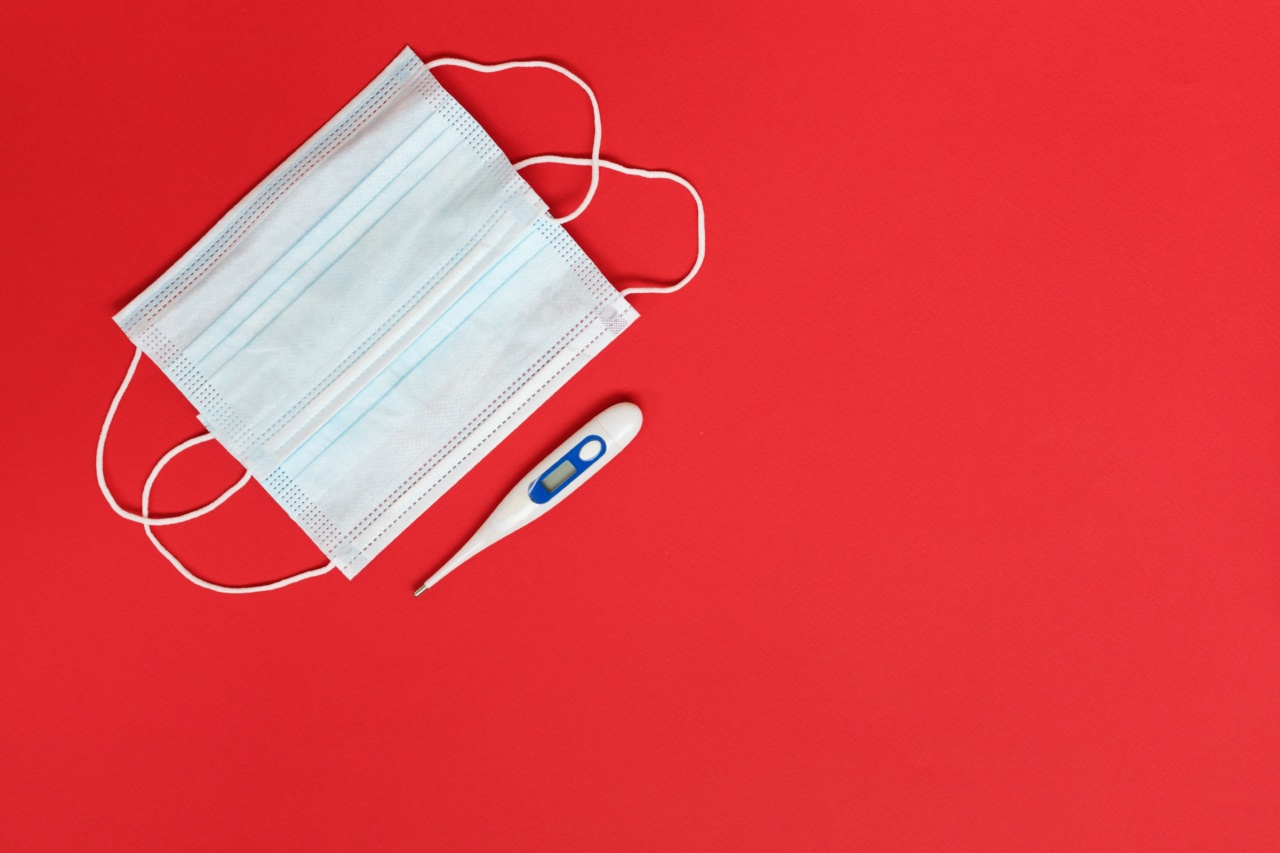Cancer is a devastating disease that affects millions of people worldwide. According to the World Health Organization (WHO), cancer is the second leading cause of death globally, accounting for an estimated 9.6 million deaths in 2018.
While some risk factors for cancer, such as genetics, cannot be controlled, many lifestyle factors can be modified to reduce the risk of cancer.
In this article, we will discuss 30 cancer prevention tips that you can start implementing today to reduce your risk of developing cancer. These tips will cover various areas of your life, including your diet, lifestyle, and environment.
Diet and Nutrition
1. Eat a diet rich in fruits and vegetables. These foods contain antioxidants and other nutrients that may help prevent cancer.
2. Limit your consumption of red and processed meats.
These foods have been linked to an increased risk of colorectal cancer.
3. Choose whole grains over refined grains. Whole grains contain more fiber and other nutrients that may help prevent cancer.
4. Limit your intake of sugar-sweetened drinks and foods.
These foods have been linked to an increased risk of obesity, which is a risk factor for several types of cancer.
Exercise and Physical Activity
5. Aim for at least 30 minutes of moderate-intensity exercise most days of the week. Exercise has been shown to reduce the risk of several types of cancer.
6. Incorporate strength training into your exercise routine.
Building muscle may help reduce the risk of certain types of cancer.
7. Find physical activities you enjoy, such as dancing, swimming, or hiking. Enjoying the activity may help you stick with it and make it a part of your regular routine.
8. Limit sedentary behavior, such as sitting for long periods of time.
Try to take breaks throughout the day to move your body and avoid prolonged sitting.
Stress Management
9. Find healthy ways to manage stress, such as meditation, yoga, or deep breathing exercises. Chronic stress can weaken the immune system and increase the risk of cancer.
10. Practice self-care and prioritize your mental health.
This can involve getting enough sleep, taking breaks when needed, and seeking professional help if necessary.
Environmental Factors
11. Limit your exposure to tobacco smoke, both first-hand and second-hand. Tobacco smoke contains many harmful chemicals that can increase the risk of cancer.
12. Use sunscreen with at least SPF 30 to protect your skin from harmful UV rays.
Skin cancer is one of the most common types of cancer.
13. Avoid exposure to harmful chemicals, such as pesticides, solvents, and heavy metals. These chemicals have been linked to an increased risk of cancer.
14. Filter your drinking water to reduce exposure to harmful chemicals and pollutants.
Cancer Screenings
15. Follow your doctor’s recommendations for cancer screenings, such as mammograms, colonoscopies, and skin exams. Screening can help detect cancer early, when it is more treatable.
16.
Be aware of any changes in your body, such as lumps, skin changes, or unusual bleeding. If you notice any changes, see your doctor right away.
17. Know your family history of cancer and talk to your doctor about any increased risk.
Certain types of cancer can run in families, and your doctor may recommend additional screening or preventative measures.
Healthy Habits
18. Get enough sleep. Lack of sleep has been linked to an increased risk of several types of cancer.
19. Limit your alcohol consumption. Alcohol has been linked to an increased risk of several types of cancer, including breast and liver cancer.
20.
Practice good hygiene, such as washing your hands regularly and avoiding close contact with sick individuals. Certain infections, such as HPV and hepatitis, can increase the risk of cancer.
21. Quit smoking and avoid exposure to secondhand smoke. Cigarette smoking is the leading cause of lung cancer.
Supplements and Alternative Therapies
22. Talk to your doctor before taking any supplements or vitamins. Some supplements may interfere with cancer treatments or increase the risk of cancer.
23. Be cautious of alternative therapies that claim to prevent or cure cancer.
Many of these therapies have not been scientifically proven and may be dangerous or ineffective.
24. Consider alternative therapies for stress management, such as massage or acupuncture. These therapies may help reduce stress and improve overall health, which can help prevent cancer.
Social Connections
25. Surround yourself with supportive friends and family members. A strong support system can help reduce stress and improve overall health.
26. Stay connected to your community through volunteer work or other activities.
Engaging in meaningful activities can improve mental health and reduce stress.
27. Consider joining a support group for individuals with cancer or other health conditions. Support groups can provide a safe and supportive environment to share experiences and emotions.
Continued Learning and Development
28. Stay informed about the latest cancer research and developments. This can help you make informed decisions about cancer prevention and treatment.
29. Read books or take classes about stress management, nutrition, and healthy lifestyles.
Continued learning can help you make positive changes in your life.
30. Work with a healthcare professional, such as a nutritionist or physical therapist, to develop a personalized cancer prevention plan.
Conclusion
Preventing cancer requires a multifaceted approach that involves many areas of your life, including your diet, lifestyle, environment, and social connections.
By implementing these 30 cancer prevention tips, you can reduce your risk of developing cancer and improve your overall health and well-being.































